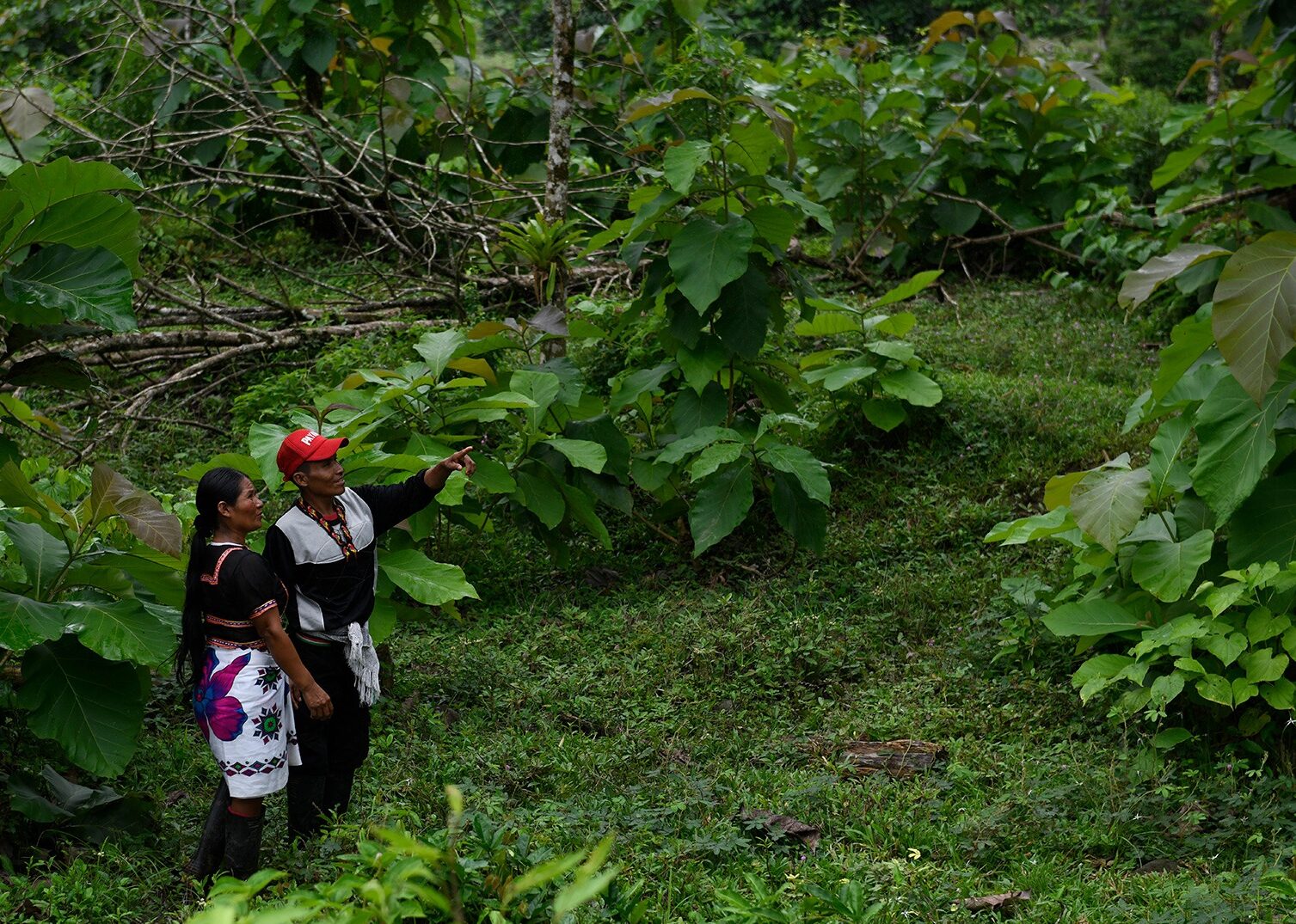The Food and Land Use Coalition (FOLU) seeks to empower actors to scale up efforts and accelerate the transformation of food and land use systems. Country ownership of the FOLU agenda is critical to deliver action on-the-ground that is sensitive to specific local circumstances. In Colombia, rich natural resources and a political window of opportunity in the wake of the peace process offer the potential for rapid, systemic change that could deliver huge benefits for people and planet.
Colombia is at a unique moment in its history. The country has been growing steadily, is increasingly considered a “good place to do business” and to visit and has entered a stabilization phase. To fulfil its potential, Colombia needs continued economic growth and stability, underpinned by strong and resilient supply chains and greater equality between urban and rural areas.
Critical to strengthening supply chains is the restoration and conservation of Colombia’s unique ecosystems. These are essential to support more productive agricultural landscapes that in turn could produce the goods and services that people need to support healthy livelihoods.
The recent announcement that Colombia has joined the Cocoa and Forests Initiative is a great step forward. But more can be done. Colombia can strengthen deforestation-free value chains across export crops like coffee and palm, as well as in livestock and dairy production. Livestock has been identified as the major driver of deforestation in Colombia over the past 20 years.
Exciting efforts are emerging. For example, Initiative 20×20 is a country-led effort to restore 20 million hectares of land in Latin America and the Caribbean by 2020. The World Resources Institute (WRI) is working with 40 technical organisations and institutions to support Initiative 20×20 through their Global Restoration Initiative by facilitating the dialogue between governments, civil society, and the private sector to build an effective coalition that can achieve the initiative’s goals.
It is critical to engage with farmers to understand the challenges they face and the motivations behind destructive agricultural practices. Members of the FOLU Coalition in Colombia are hosting conversations with local farmers’ groups and cooperatives, laying the groundwork for broader collaboration with key organisations.
Strengthening conservation measures is fundamental to preserving forests. FOLU members in Colombia are engaging with Heritage Colombia, a fund created to increase the amount of protected land in Colombia and to ensure the proper management and governance of land both within and outside protected areas – including private reserves, land managed by Afro-Colombian communities and land owned by indigenous communities. The initiative, led by the Government of Colombia, with support of WWF, the Gordon and Betty Moore Foundation and the Biodiversity Fund, has chosen a number of priority areas in which to work on sustainable landscapes. There is scope for the Food and Land Use Coalition to combine forces in a number of these landscapes.
Ecotourism can also act as a powerful lever to support conservation and restoration and strengthen sustainable food and land use systems. Costa Rica has demonstrated the potential of ecotourism to drive economic growth. The country, which has dedicated around a third of its land mass to conservation, now receives over 2 million visitors each year, with tourism contributing 5.1% of GDP of which over half is estimated as ecotourism.
Members of the FOLU Coalition have highlighted efforts to support deforestation-free value chains – and the potential role of ecotourism in supporting this – as one of six priority areas for further action. Other areas include: (i) forging public private partnerships to support healthy and nutritious diets and to reduce food loss and waste, (ii) supporting producer and consumer working groups on better pesticide and fertilizer management, (ii)developing a programme on healthy and sustainable nutrition in the Colombian education system, (iv) bringing together public and private actors to engage directly on specific supply chains and (v) channelling investments to scale sustainable business models.
These plans for transformation, outlined in our Action Agenda for sustainable food and land use transformation in Colombia, have been shared with the highest level of government. Paul Polman, chair of FOLU, met recently elected Colombian President Ivan Duque in September to share the work of the Colombia team and the new leader expressed his excitement at the prospect of integrating the findings into the country’s National Development Plan for 2018-2022.
Meanwhile, members of the FABLE Consortium in Colombia have continued to ramp up work on modelling Colombia’s food and land use systems over the last couple of months. Work has begun with the country-level modelling tool, the FABLE calculator, to develop long-term pathways for sustainable food and land use systems in Colombia. Initial results are due shortly.
By building capacity to assess the trade-offs and opportunities in sustainable food and land use systems, collaborating with partners to drive joined-up action and highlighting the economic opportunities for both public and private sectors, a brighter future for Colombia is emerging. A ‘new food and land use economy’ could reshape its food and land use systems into a powerful engine of sustainable growth, boosting income generation, employment and business opportunities.










